Introduction:
Ever wondered how people managed to keep their teeth clean before modern toothpaste? The secret lies in natural ingredients, with salt being one of the oldest and most trusted. Let’s dive into the world of salt toothpaste and explore its numerous benefits for your oral health.
History of Salt in Oral Care:
Long before the advent of fancy toothpaste tubes, ancient civilizations used salt as a key component in their oral hygiene routines. The Egyptians, Greeks, and Romans recognized salt’s abrasive and antibacterial properties, using it to clean their teeth and gums. This practice has evolved over the centuries, integrating into various cultures and eventually influencing modern dental care products.
Why Salt?
So, what makes salt so special? It’s not just about adding flavor to your food. Salt has natural cleansing properties that can help remove plaque and food particles from your teeth. Its antimicrobial benefits also make it effective in reducing harmful bacteria in the mouth, leading to healthier gums and fresher breath.
How Salt-Powered Toothpaste Works:
Salt toothpaste works by leveraging the abrasive nature of salt crystals to scrub away stains and debris. When you brush with salt toothpaste, the tiny salt particles help to mechanically clean the teeth while also creating an environment that is less hospitable to bacteria. This dual-action mechanism sets salt toothpaste apart from conventional products.
Benefits of Salt Toothpaste:
1.Improved Oral Hygiene
Salt toothpaste can effectively remove plaque and prevent tartar buildup, leading to cleaner teeth and a lower risk of cavities.
2.Gum Health
The antimicrobial properties of salt help in reducing inflammation and preventing gum diseases like gingivitis. Regular use can result in healthier, stronger gums.
3.Whitening Effects
Salt’s natural abrasiveness can gently polish the teeth, removing surface stains and leading to a brighter smile.
4.Reducing Bad Breath
By neutralizing odor-causing bacteria, salt toothpaste can help keep your breath fresh throughout the day.
Scientific Evidence Supporting Salt Toothpaste:
Several studies have highlighted the benefits of salt in oral care. Research has shown that salt can reduce bacterial load in the mouth and promote overall dental health. Dental experts often recommend salt as a natural alternative to synthetic additives found in some commercial toothpaste.
Salt Toothpaste vs. Fluoride Toothpaste:
Pros and Cons
Salt toothpaste offers a natural solution with fewer chemicals, but it may not provide the same cavity protection as fluoride toothpaste. Fluoride is highly effective in preventing tooth decay, which is why it remains a staple in most commercial toothpaste.
Safety and Effectiveness
While salt toothpaste is generally safe for daily use, it’s important to choose a product that balances salt with other beneficial ingredients to avoid potential enamel erosion.
Types of Salt Used in Toothpaste:
1.Sea Salt
Rich in minerals, sea salt is a popular choice for natural toothpaste formulations.
2.Himalayan Pink Salt
Known for its unique mineral content and therapeutic properties, Himalayan pink salt adds a touch of luxury to your dental care routine.
3.Table Salt
Common table salt is also used, though it may lack the mineral diversity of sea or Himalayan salt.
Ingredients in Salt Toothpaste:
Typical formulations of salt toothpaste include a blend of salts, baking soda, essential oils, and other natural ingredients. Some products might also contain xylitol, which helps to prevent cavities and reduce plaque.
Choosing the Right Salt Toothpaste:
When selecting a salt toothpaste, consider factors such as ingredient quality, brand reputation, and specific dental needs. Look for products that are free from harsh chemicals and artificial additives. Popular brands like Weleda and Red Seal offer high-quality salt toothpaste options.
DIY Salt Toothpaste Recipes:
For those who enjoy DIY projects, making your own salt toothpaste is simple and cost-effective.
Simple Homemade Recipes:
1.Basic Salt Toothpaste:
Mix 1 tablespoon of sea salt with 2 tablespoons of baking soda. Add a few drops of peppermint essential oil for flavor.
2.Herbal Salt Toothpaste:
Combine 1 tablespoon of Himalayan salt with 1 tablespoon of dried mint leaves and 2 tablespoons of coconut oil.
Tips for Making Effective DIY Toothpaste:
Ensure the salt is finely ground to avoid damaging your enamel. Adjust the salt content to suit your taste and sensitivity levels.
Potential Side Effects:
While salt toothpaste is generally safe, overuse can lead to enamel erosion and increased tooth sensitivity. It’s important to use it in moderation and consult with your dentist if you have any concerns.
User Experiences and Testimonials:
Many users report noticeable improvements in their oral health after switching to salt toothpaste. They often highlight the natural ingredients and the refreshing feeling it leaves in their mouths. Some users also appreciate the eco-friendly aspects of salt toothpaste, as it often comes in recyclable or biodegradable packaging.
Environmental Impact:
Salt toothpaste tends to be more eco-friendly compared to conventional products. Many brands use sustainable packaging, and the natural ingredients have a lower environmental footprint
A Short Description:
Incorporating salt toothpaste into your daily routine can offer a host of benefits, from improved oral hygiene to healthier gums and fresher breath. While it may not replace fluoride toothpaste entirely, it serves as an excellent natural alternative. Give it a try and discover the difference a salt-powered smile can make!
FAQs:
Is salt toothpaste safe for daily use?
Yes, salt toothpaste is safe for daily use, but it’s important to use it in moderation to avoid potential enamel erosion.
Can salt toothpaste replace fluoride toothpaste?
Salt toothpaste can complement fluoride toothpaste but may not entirely replace it, especially if you need the cavity protection that fluoride provides.
How often should I use salt toothpaste?
You can use salt toothpaste daily, but alternating with fluoride toothpaste might be beneficial for comprehensive oral care.
Is homemade salt toothpaste as effective as commercial ones?
Homemade salt toothpaste can be effective, but it may lack some of the additional benefits provided by commercial formulations, such as cavity protection and added minerals.
Where can I buy salt toothpaste?
Salt toothpaste is available in health food stores, pharmacies, and online retailers. Brands like Weleda, Red Seal, and Dr. Bronner’s offer quality options.



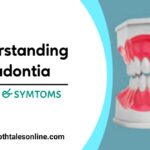
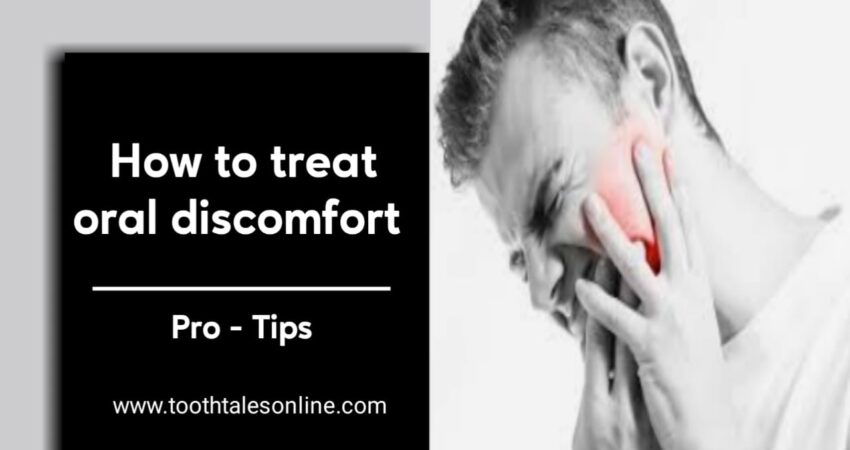



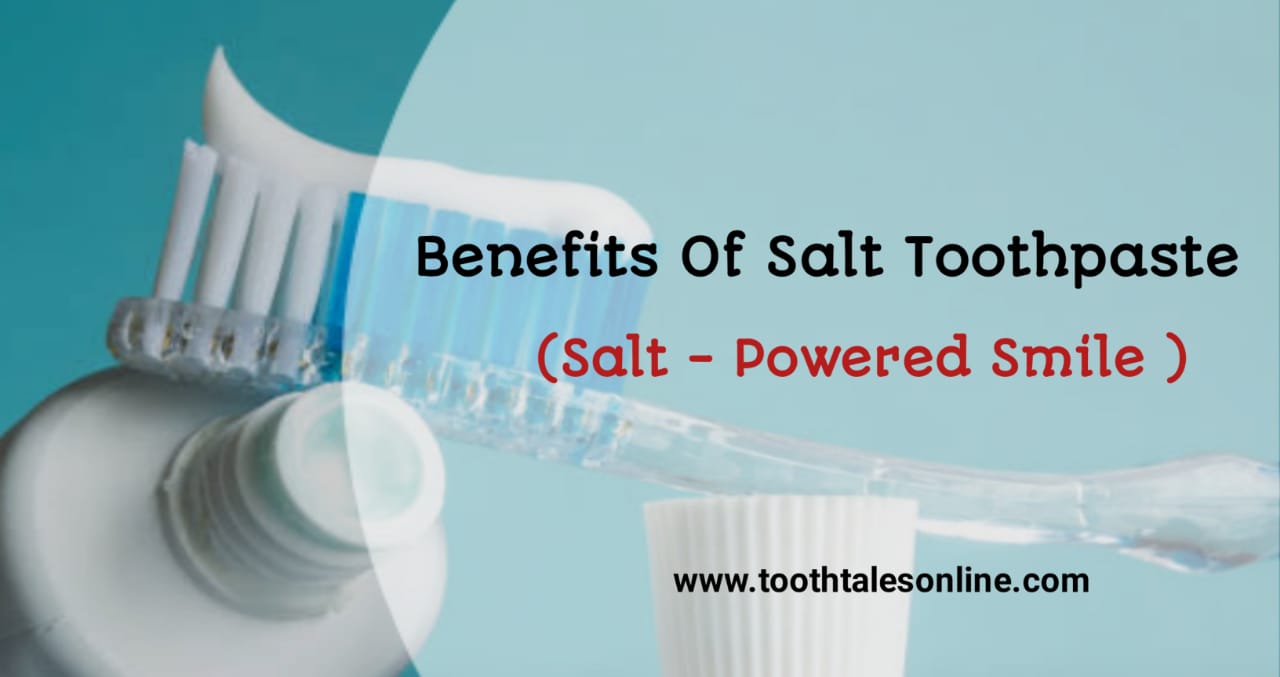

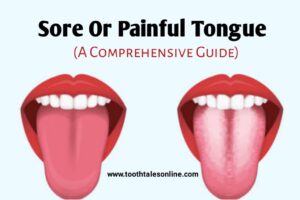
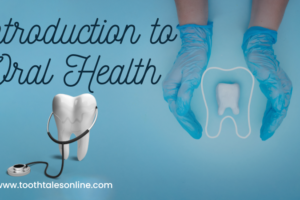










Add Comment